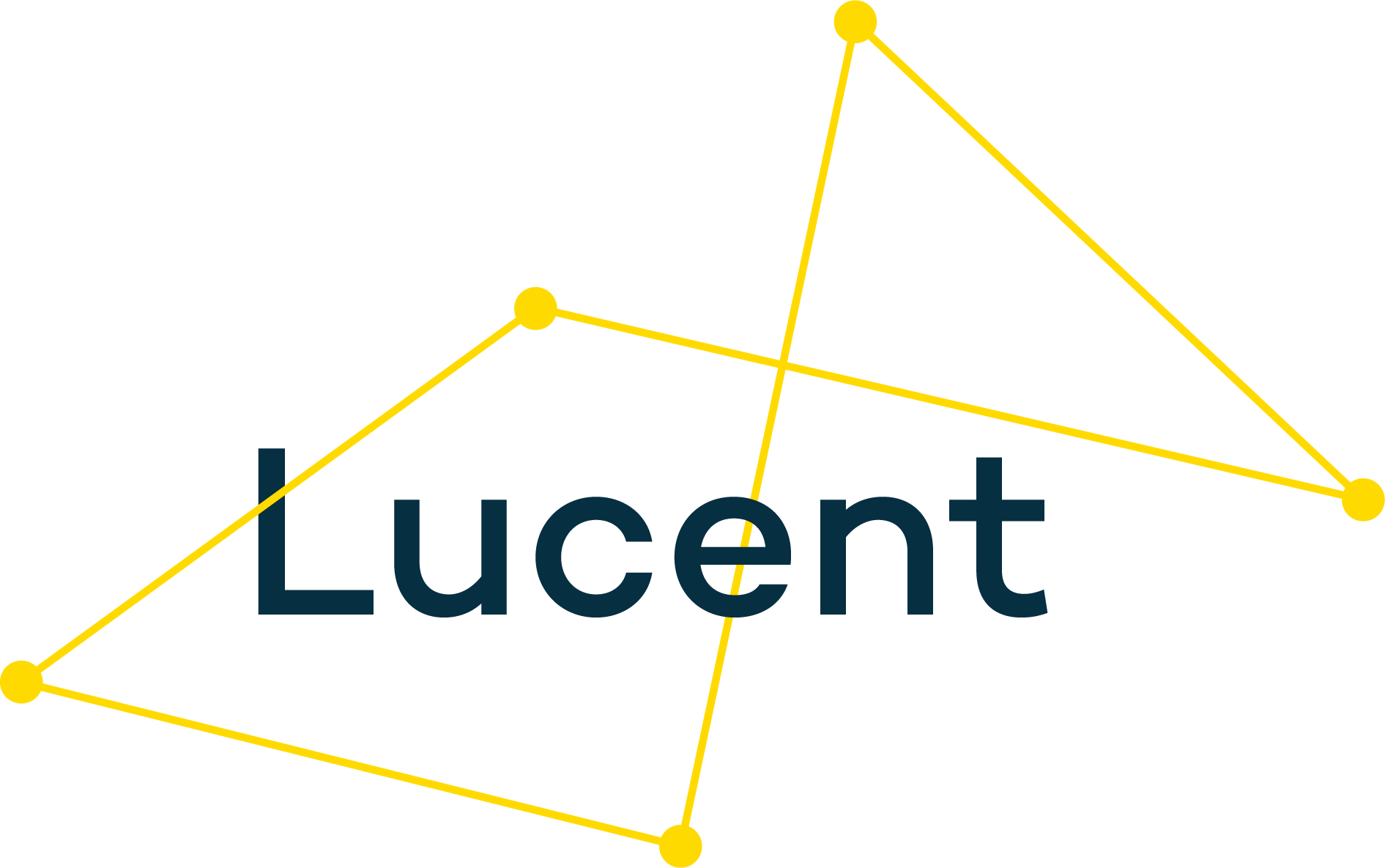On love, courage and boldness: insights for changemakers
We have been delighted to welcome so many people from across a wide range of sectors to our weekly Changemakers Campfire. In a time of heightened stress and busy-ness, it has helped bring leaders together in a ‘virtual huddle’ to create thinking space and replenish reserves.
Here are four things we’ve learnt from our sessions during 2020.
1. Love and human touch matter
Despite having to quickly find ways of continuing business and reshaping services digitally, the importance of human interaction has emerged as a key theme. The wide range of personal responses to the pandemic has meant that employing empathy and understanding with staff and volunteers has been vital.
Our changemakers have been creative in helping create a sense of human touch under these difficult circumstances. Whether it is sending ‘welcome to the team’ items in the post, reengaging on the phone (giving everyone a welcome break from Zoom!), finding new ways to celebrate and mark achievements or using break-out groups for more creative and personal conversations.
How are you modelling ways of connecting so that the rituals that bind organisations and teams together can continue?
How can you use peer support to build resilience and support your staff and volunteers?
With a continued period of challenge ahead, how are you supporting wellbeing and mental health of staff?
2. We are in a cycle of permanent adaptation
As the landscape continues to change rapidly, leaders are required to make the best decisions they can to respond to an uncertain future. Staff are also looking to their leaders to provide as much assurance as possible - particularly when continued uncertainty and tough financial challenges lie ahead. Ensuring everyone can exercise control and autonomy even over the smallest decisions will help build emotional resilience as will continuing to show empathy for the range of people's emotional responses.
What framework is working for you as your plan ahead? The four Rs (Restore, Recover, Reset & Redesign) is helpful for some. For others, looking at four different organisational scenarios is useful, for example: closedown (protect finances), lockdown (refocus and innovate), reboot (long reopening) and renew (new normal).
What decisions can you make today to set boundaries and help your teams navigate through this time of uncertainty?
3. Digital delivery poses unique challenges for team and staff development
As we continue an extensive period of transacting business online, leaders have had to find the leadership style that works digitally. Being transparent and stepping up direct communication has proven to be key to success. And approaches to decision-making, recruitment, appraisal and team and staff development have been re-shaped.
What are the deeper adaptations you need to make if digital is the default mode of interaction for some time to come?
Can you find ways of building teams and successfully bringing new people on board, managing emerging tensions and having challenging conversations, as well as making space for creativity and generating new ideas?
How are you continuing to adapt your recruitment, induction and appraisal systems to develop and motivate your staff and volunteers?
4. The crisis has released the opportunity for courage and boldness
With the brakes off as organisations go through rapid change, there is an appetite for organisations to be much bolder in their ambitions and actions. Some have discovered that past ways of working were ineffective and that much more is needed to find and address the root causes of problems rather than dealing with symptoms. Partnerships have sprung up among people and organisations that have never met in person, and we are needing to draw on all our resources to maintain our pace for what is a marathon and not a sprint. What is becoming clearer, as one changemaker reflected, is that there is a possibility of “post traumatic growth” inspired by our real purpose and vision.
How can you translate the promise of ‘building back better’ into action?
What are the systems and processes that you have had to reshape or lose through this period? Which have been helpful to lose so that you do not fall back into bad organisational and team habits?
If you would like to attend our future campfires and events, sign up to our newsletter to be notified.

